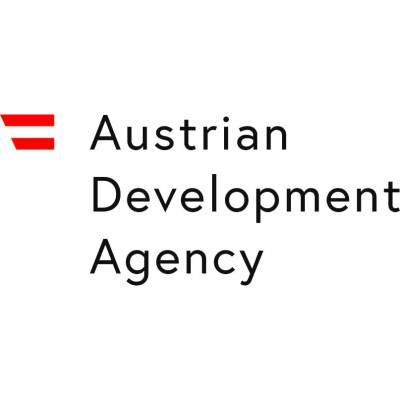Share
Print

EVALUIERBARKEITSSTUDIE KLIMA - ES KLIMA_OEEB
Projektträger: Arepo GmbH
Land: Developing countries, unspecified Fördersumme: € 14.000,00 Beginn: 01.09.2023 Ende: 30.09.2024
KURZBESCHREIBUNG:
Projektziel
2022-2024 and to assess their readiness to be evaluated. As such, the EA is expected to inform and strengthen the quality of a subsequent evaluation by pointing at existing weaknesses and adaptations needed to make Austria’s contribution to Climate Action through bilateral development finance and other financial instruments evaluable. In addition, in view of the ambition to potentially evaluate impact in future, specific components (or pathways of change) of Austria’s contribution to Climate Action through bilateral development finance and other financial instruments will be identified, which are suitable and lend themselves for an impact evaluation. This will be undertaken based on an analysis of the data situation, contextual circumstances, and strategic interests of the stakeholders.
Erwartete Ergebnisse
The main objectives of the EA are to:
1. Assess the evaluability of Austria’s bilateral development finance contribution to Climate Action as set out in the CFS and other strategic documents (3YP and OeEB Strategy 2019 -2023 ) in terms of the four facets of evaluability, namely (i) the quality of the design (as for instance ex-pressed in a theory of change, ToC, if available), (ii) the availability of data, (iii) stakeholders interests and demands, and (iv) the institutional and contextual circumstances for conducting an evaluation.
2. Based on the assessment, identify the necessary requirements and adaptations needed to en-sure the evaluability of the CFS, as well as the entities responsible to implement them. Possible adaptations could for instance involve the establishment of a baseline, the regular collection of monitoring data, or the clarification of assumed causal links between different result levels (outputs, outcomes and impact).
3. If possible, identify indicators and/or pathways for a meaningful evaluation based on outcome indicators.
4. Identify 2-4 components (or pathways of change) as potential objects for a future impact eval-uation and put forward different methodological designs for evaluating impact along each of the identified pathways of change including respective cost estimations and identify necessary adaptations and responsible entities.
5. Document lessons learned from the application of the Guidance Document and derive recommendations for further improvement.
Zielgruppe
The primary users of the Evaluability Assessment will be the following Austrian contributors to International Climate Finance, namely the Federal Ministry for Climate Action, Environment, Energy, Mobility, Innovation and Technology (MCA), the Federal Ministry for European and International Affairs (MFA), the Austrian Development Agency (ADA) and the Development Bank of Austria (OeEB) as well as other users, including the Working Group for international Climate Finance (AGIK). In total, this encompasses around 5 institutions and around 45 individuals.
Maßnahmen
- Kick-off meeting
- Study/desk review of relevant documents and sources of data
- Preliminary interviews with selected key informants
- Preliminary interviews and screening of data available in Vienna
- Drafting of inception report (IR)
- Incorporation of comments into draft IR
- Presentation of draft inception report
- Interviews, document- and data screening from off-site and in Vienna
- Analysis and report writing
- Incorporation of comments into draft
- Presentation of final report and refinement of recommendations
- Elaboration of lessons learned paper on Guidance Document
Hintergrundinformation
Several actors and Ministries are involved in Austria’s climate finance, which is specified in the Austrian Climate Finance Strategy 2013-2020 and its revision 2017. Given the multiplicity of actors involved and the complexity of the climate finance portfolio at hand, it was decided to commission an evaluability assessment (EA) as a first step towards a possible later evaluation and/or impact evaluation.
The EA will be carried out in line with the provisions for evaluability assessments set out in the Guidelines for Evaluability Assessments in Austrian development cooperation (2022). As such, the EA will analyse Austria’s bilateral development finance contribution to climate action along four facets of evaluability, namely (i) the quality of the design (as for instance expressed in a theory of change, ToC, if available), (ii) the availability of data, (iii) stakeholders interests and demands, and (iv) the institutional and contextual circumstances for conducting an evaluation.
As part of the assignment and based on the findings of the EA, recommendations will be developed for necessary adaptations to ensure evaluability. Furthermore, to pave the way for a possible future impact evaluation, 2-4 components (or pathways of change) will be identified as potential future evaluation objects.
The total costs of the evaluability assessment are 65.994,31 EUR. It is being financed through three donors:
Contribution by ADA: 37.994,31 EUR;
Contribution by BMK: 14.000 EUR
Contribution by OeEB: 14.000 EUR
